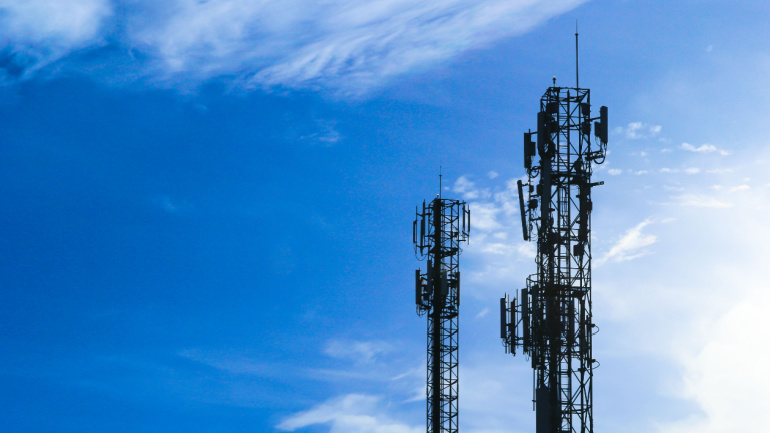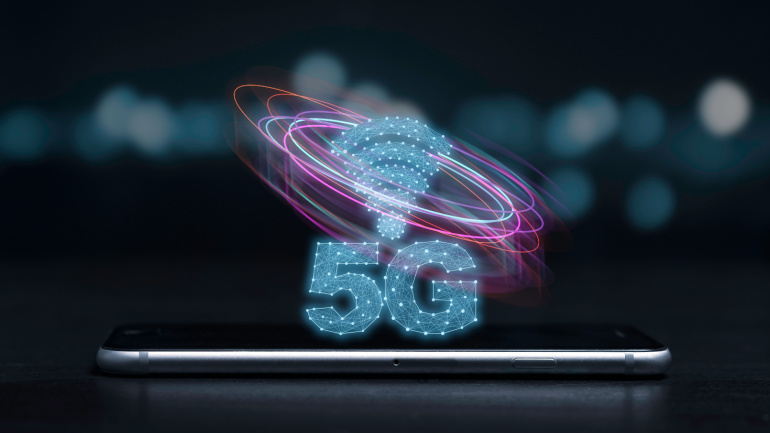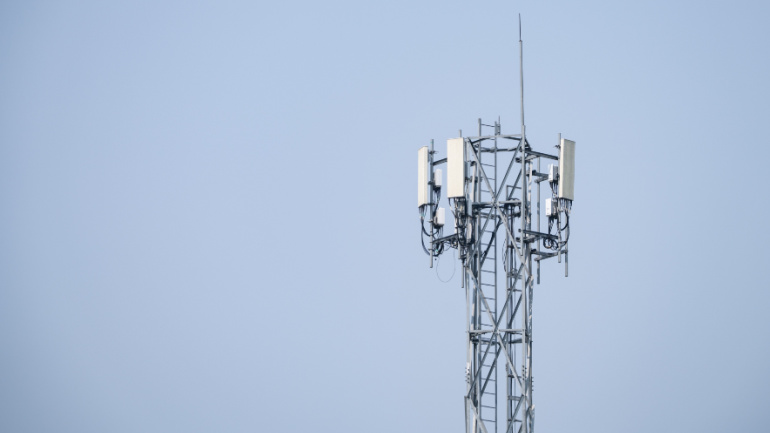As the evolution towards 6G continues, telecommunications mammoths NTT DOCOMO and NTT, have expanded their research circle to include SK Telecom and Rohde & Schwarz. The newly inducted collaborators will aid in various 6G trials in Japan, focusing on identifying potent frequency bands for the upcoming technology. Of particular interest is the development of a ‘6G AI-native air interface’, that promises to bolster network performance and energy effectiveness.
In an exhilarating turn of events, telecommunications titan Ericsson collaborates with the renowned Indian Institute of Technology Kharagpur for pioneering research in AI, Compute, and Radio technology, with a spotlight on 6G development. This theoretical partnership is set to stir groundbreaking headway in fundamental and applied study in the Radio realm, significantly marking India as a technological innovation hub.
Recognizing the growing demand for mid-band spectrum, the International Telecom Union (ITU) appends new frequency bands for 5G usage. A significant addition was the 6GHZ spectrum, which is anticipated to facilitate the 5G evolution. Multiple global operators have conducted successful tests, making strides toward a seamless shift to 5G-Advanced. This advancement not only opens a myriad of industry opportunities but also promises an improved user experience potentially comparable to the fiber experience.
An unprecedented advance in antenna technology can enable the manipulation of all five fundamental properties of electromagnetic waves through software control, according to researchers at City University of Hong Kong.
Five nations have formed a global alliance, ambitiously named the Global Coalition on Telecommunications (GCOT), a promising step towards international cooperation in the telecommunication arena. Set to modernize Open RAN, enhance 6G, and resolve security issues linked to China, this consolidates the efforts of five major entities across UK, Australia, Canada, Japan, and the U.S. The coalition aims to better integrate policy matters and drive growth within the industry. However, uncertainty looms over the form this alliance will take in future, prompting intense interest within the telecom sector.
Amid growing inflation and swelling telecom budgets, the advent of 6G brings in costly implications tied to Radio Access Network (RAN) equipment. As these financial implications loom, The Next Generation Mobile Network (NGMN) Alliance proposes a different approach to 6G implementation that may spare existing 5G infrastructure from unnecessary renewal. They advocate an operator-driven decision process in refreshing the 5G RAN, maintaining that 6G upgrade should not compromise 5G user experience and should be software-upgradable on existing network elements. As 5G capex reaches its peak in markets like the U.S., NGMN’s stance could potentially redefine traditional strategies in introducing new generations of mobile technology.
Deutsche Telekom has made a significant stride in mobile telecommunications, achieving 12 gigabits per second in field tests using 6GHz frequencies – quite a leap from the current 5G network speeds. The German telecom giant credits this achievement to merging two data streams from different frequency antennas, a method they suggest may become standard for these bands. However, before this breakthrough can materialize, it’ll go under scrutiny during the upcoming ITU World Radiocommunications Conference.
The UK’s Advertising Standards Authority recently adjudicated a dispute over the supposed misleading adverts of ISP, 6G Internet. The ASA ruled that the company name erroneously suggested the availability of non-existent 6G services. The decision underlines a recurrent issue of consumer confusion over service offerings in the telecommunications sector. Despite the controversy, 6G Internet has not indicated plans to adjust their brand name, possibly sparking inevitable customer confusion as the prospect of true 6G technology looms nearer.
The intriguing merger between Dish Network and EchoStar creates a powerful entity in wireless connectivity, poised to lead in both terrestrial and non-terrestrial realms. Fusing Dish’s comprehensive services with EchoStar’s satellite solutions promises robust connectivity options, utilizing a vast array of technology and expertise. Yet, beyond the marriage of technology, the merger is primarily a tale of economic survival and growth. The incorporation of EchoStar’s financial stability into Dish’s uncertainty may just be the lifeline
In a groundbreaking advancement set to redefine 6G services, field experts are experimenting with brain-inspired computing. Noted engineers from King’s College London and Princeton are spearheading a project aiming to enhance the integration of AI in wireless communications systems. This strategic initiative, fuelled by support from prominent bodies like the ESPRC and NSF, has the potential to reshape sectors such as mobile health care and robotics.













